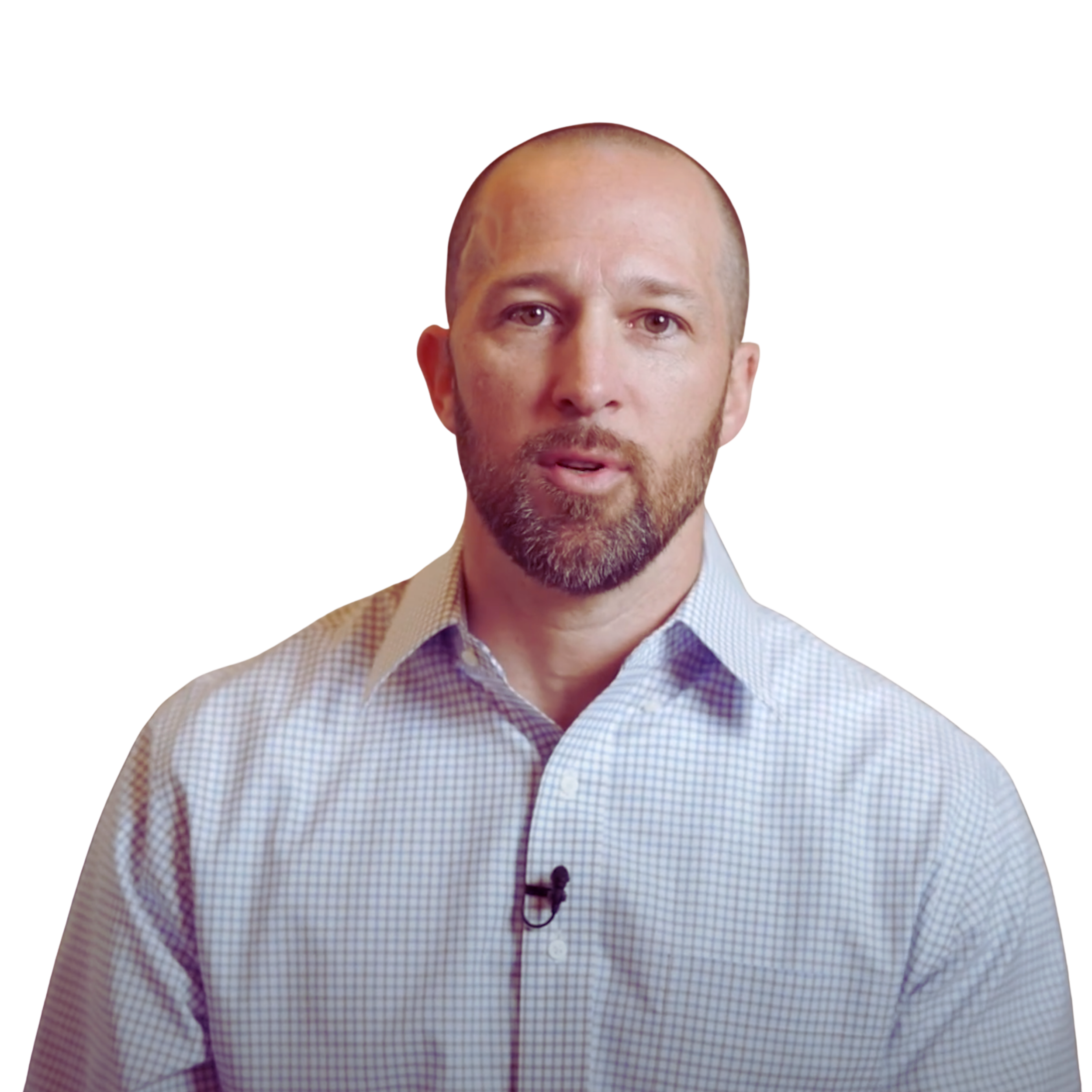Maverick Author
MARSHAL DEMUNBRUN
Police Lieutenant with 20+ Years in Law Enforcement, FBI National Academy Graduate
"Even though they hated my guts, they were still my officers—still my responsibility."
About Marshal DeMunbrun
Marshal DeMunbrun is a police lieutenant with over 20 years of law enforcement experience who has navigated some of the most challenging leadership scenarios in public safety. After serving three years in the U.S. Army as a squad leader and quick reaction force team leader, Marshal entered law enforcement and quickly distinguished himself as a field training officer before promoting to Sergeant and later Lieutenant.
Marshal's leadership journey has been forged in the crucible of real-world challenges: building a 40-officer downtown crime suppression unit from scratch with no budget and no equipment, inheriting problem officers from disbanded units, and turning around dysfunctional teams with deeply entrenched resistance to change. His experiences include facing hostile work environment complaints, near-removal from his position, and leading through periods when he was genuinely the most disliked person in the room.
A graduate of the FBI National Academy and holder of a Master's degree in Public Safety from the University of Virginia, Marshal's leadership philosophy is rooted in servant leadership principles learned through trial, error, and ultimate triumph. He currently serves in leadership within his police department, where he continues to apply the hard-won lessons from leading when everyone seems against you.
Chapter: "Servant Leadership Under Fire"
"This is the team I have. This is the team I must take to the championship."
In his transformative chapter for Maverick Leadership, Marshal DeMunbrun reveals what leadership books rarely discuss: how to lead when you're the most disliked person in the room—and how servant leadership transforms resistance into respect. Through raw, vulnerable stories from the trenches of law enforcement, Marshal exposes the harsh realities of leading through organizational change and provides the exact principles that turned hostile teams into high-performing units.
Marshal opens with a truth most leadership books ignore: leadership isn't always rainbows and sunshine. When he was tasked with building a new 40-officer crime suppression unit, he quickly learned that when commanders are forced to give up personnel, they don't give you their star players—they pass on their headaches. What followed was a baptism by fire: leading officers who didn't want to be there, managing constant schedule changes from upper management, and questioning whether he even deserved his stripes.
"I wasn't concerned about them as people—I was concerned about our mission and unit development being successful. That's when I realized: in order for us to be successful, we needed the troops to be happy and on board with the mission."
The chapter reveals Marshal's most difficult test: when a disbanded unit's officers were transferred to his supervision, bringing with them zero accountability, maximum resentment, and open disdain for their new sergeant. One was even his academy classmate. They avoided him, gave him glares and side-eye looks, and made it painfully clear they hated him. The natural response? Make their lives difficult, write them up for every infraction, force them into submission. But Marshal chose a different path—one that would define his entire leadership philosophy.
What You'll Learn
The Servant Leadership Decision: The pivotal moment when Marshal realized that even though his officers hated him, they were still his responsibility—and he was going to work just as hard for them as any other officer under his command.
The Training Discovery: How Marshal discovered his disgruntled officers were missing crucial certifications and incentive pay—and how advocating for them became the turning point that transformed hatred into respect and loyalty.
The Hostile Work Environment: When Marshal took over a stagnant, critical unit and faced a hostile work environment complaint, how he analyzed the situation from his team's perspective—and the specific actions he took to rebuild trust and transform the culture.
From Sunday Drive to Indy 500: Why sudden organizational change creates psychological safety threats—and how explaining the "why" behind every decision transforms resistance into cooperation.
The Championship Mindset: Marshal's framework for leading the team you have, not the team you wish you had—and how consistent presence, dignity, respect, and genuine care turn opposition into advocacy.
Three Transformative Takeaways:
1. Your People Are Your Responsibility, Regardless of How They Feel About You
The easiest response when people dislike you is to return the sentiment or make their lives difficult. Marshal could have written up his disgruntled officers for every infraction, assigned them every unwanted detail, and forced them into submission through policy and procedure. Instead, he chose servant leadership: treating them with the same respect and energy as any other officer, speaking to them like grown men, and focusing on their well-being. This decision—to serve even those who hated him—transformed hostility into loyalty that lasted years beyond the immediate crisis.
2. Balance Mission and People—You Cannot Separate Performance from People
Early in his leadership journey, Marshal was obsessed with mission success and impressing upper management. He adjusted fire every time a change came down and expected the troops to fall in line. What he learned transformed everything: you cannot accomplish the mission without your people being on board. Taking his team's perspective, listening to their frustrations, and factoring them into decisions didn't weaken the mission—it strengthened it. The new schedule that nearly got him removed from the unit became the foundation for improved morale and mission success.
3. Weather the Storm—Where There Is Struggle, There Is Growth
Marshal faced self-doubt, near-removal, hostile work environment complaints, and periods where he seriously considered walking away. But the officer who once dreaded his assignment later called Marshal's unit "one of the best places he had worked" because of the positive culture and leaders who genuinely cared. That validation didn't come from avoiding the storm—it came from weathering it with integrity, humility, and relentless commitment to serving his people even when they resisted him.
Marshal’s Impact
Marshal DeMunbrun continues to serve in leadership within his police department, applying servant leadership principles to build high-performing teams in high-pressure environments. His approach—balancing accountability with dignity, explaining the "why" behind decisions, seeking input from boots on the ground, and maintaining consistency even through opposition—has transformed struggling units into exemplary teams. Marshal's philosophy is simple but profound: leadership isn't about being the smartest person in the room or the most educated on policy and procedure. It's about balancing the people you're responsible for and the mission you have to accomplish. Take care of your troops, and they will take care of the mission. Be a Maverick leader.
Connect with Marshal DeMunbrun
LinkedIn: Marshal DeMunbrun




